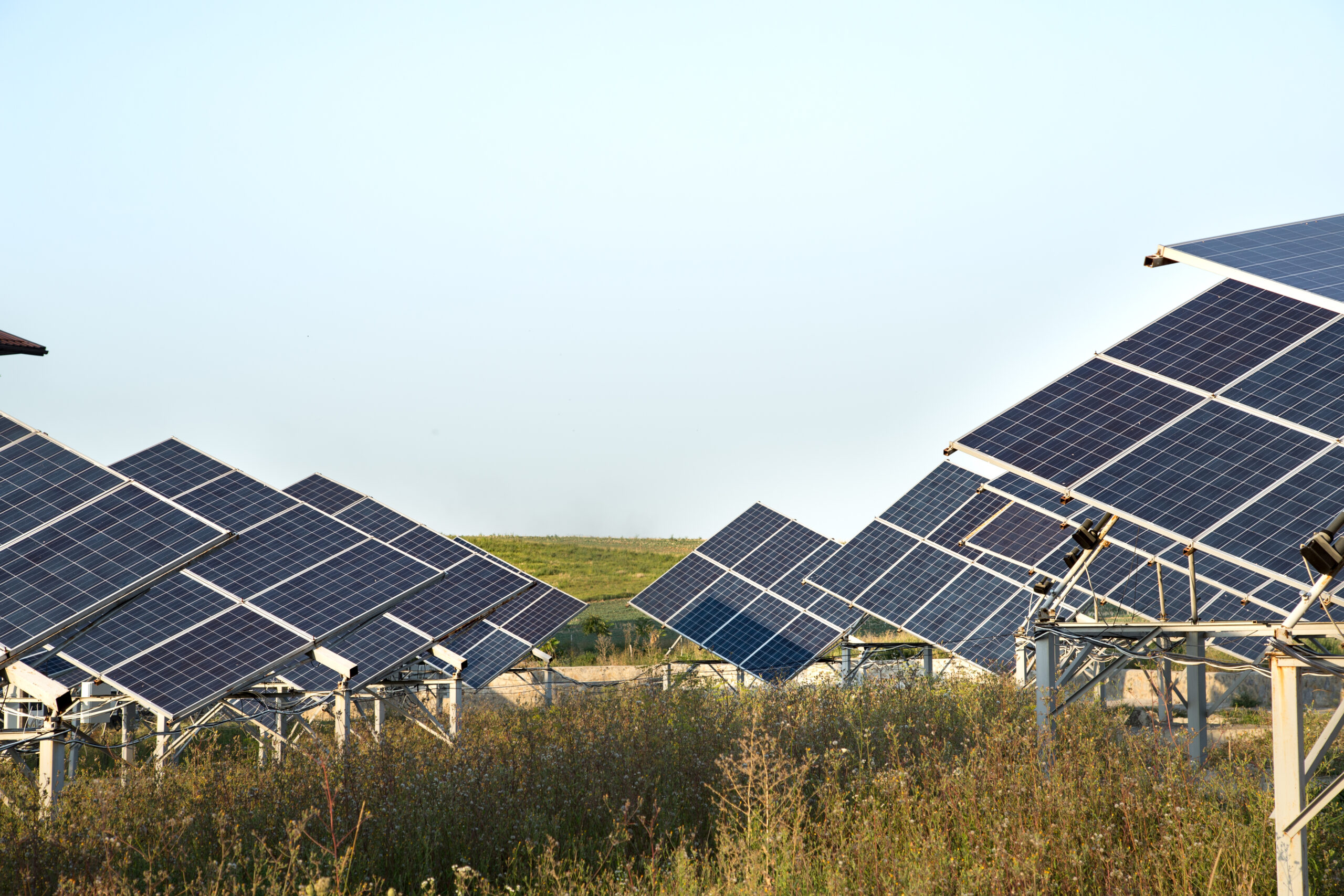Beautiful Plants For Your Interior

Nigeria’s economy is at a crossroads, grappling with challenges such as over-reliance on oil and an unstable power supply. Solar energy, however, offers a transformative opportunity to address these issues and propel the nation toward sustainable growth. Here’s how solar energy can revolutionize Nigeria’s economy.
1. Reducing Dependency on Fossil Fuels
Nigeria’s economy heavily depends on oil, making it vulnerable to fluctuating global oil prices. Solar energy offers a way to diversify the nation’s energy mix, reducing dependency on fossil fuels. By investing in solar infrastructure, Nigeria can create a more stable and sustainable energy sector, ensuring long-term economic growth.
2. Job Creation and Entrepreneurship
The solar energy sector is a goldmine for job creation. From manufacturing and installation to maintenance and sales, the industry creates opportunities for skilled and unskilled labor alike. Entrepreneurs can also benefit from the growing demand for solar products and services, driving economic activity and innovation.
3. Empowering Rural Communities
Many rural communities in Nigeria lack access to electricity, limiting their economic potential. Solar energy provides a cost-effective solution to electrify these areas, enabling small businesses, schools, and health centers to thrive. This empowerment can significantly contribute to reducing poverty and improving the quality of life in these regions.
4. Attracting Foreign Investments
Nigeria’s solar potential is immense, with abundant sunshine throughout the year. This makes the country an attractive destination for foreign investors in the renewable energy sector. By creating favorable policies and an enabling environment, Nigeria can attract significant investments, boosting its economy.
5. Energy Independence and Long-Term Growth
A stable energy supply is crucial for industrial and economic growth. Solar energy can help Nigeria achieve energy independence, reducing reliance on imports and stabilizing the power supply. This reliability supports industries, encourages foreign direct investment, and drives long-term economic development.
Conclusion
Solar energy is more than an alternative energy source; it’s a catalyst for economic transformation. From empowering rural communities to attracting foreign investments, the benefits are far-reaching. For Nigeria to realize its full economic potential, embracing solar energy is not just an option—it’s a necessity.
